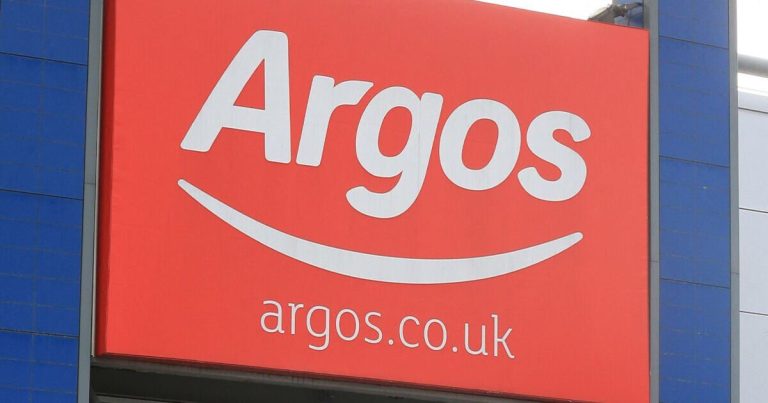
Sainsbury’s has announced a major change to a popular vegetable product in a move to be a greener supermarket.
The retailer is the first in the UK to swap plastic packaging for cardboard.
From today Sainsbury’s will roll out the swap across all of its own-brand mushrooms including their So Organic and Taste the Difference ranges.
The move will see the mushrooms sold in fully recyclable cardboard trays rather than traditional punnets.
According to the supermarket, the incentive will be in action for all 13 of the relevant products by the end of January.
This includes customer favourites such as whole baby buttons, closed cup, organic and chestnut varieties.
Claire Hughes, Director of Product and Innovation, said: “As part of our Plan for Better commitments, we are trying to reduce plastic packaging across our own brand ranges.
“The initiative reflects our commitment towards a healthier and more sustainable future as we continue to look at ways to innovate our packaging and reduce and replace plastic where possible.”
Customers can currently purchase by Sainsbury’s and So Organic mushrooms in cardboard punnets in all stores and online, though Taste the Difference lines will not be updated until later in the month.
Though it may seem small, the packaging change is projected to save 775 tonnes of plastic, equivalent to a whopping 52 million pieces of plastic a year.
It marks the retailer’s freshest twist on its packaging innovations, following its biggest single plastics removal which applied to all toilet and kitchen rolls, saving around 85 tonnes of plastic annually.
In 2020, Sainsbury’s also removed plastic trays from its tomatoes saving around 75 tonnes of plastic a year and before this, did the same for asparagus in 2019, saving around 32 tonnes of plastic a year.
Other supermarkets are expected to follow suit after it was announced that the government proposed measures to bring pre-packaged fruit and vegetables to an end.
Set to be implemented in 2024, the laws would affect all major UK supermarkets and would see stores sell loose fruit and vegetables to reduce food waste. It would also become mandatory to sell loose produce in recyclable bags.
As much as 80 percent of packaging could be removed within three years, according to reports.







